Videos by American Songwriter
The best songwriters can create genius from even the most routine situations. It seems that Jackson Browne didn’t have far to go from his residence to the studio where he was making his 1976 album The Pretender, so he rarely stopped to gas up his car. “I was always driving around with no gas,” Browne recalled to Rolling Stone. “I just never bothered to fill up the tank because — how far was it anyway? Just a few blocks.”
Thus the seed was planted for “Running On Empty,” a huge hit for Browne in 1978 and the title track to one of his most well-loved albums. Of course, it wouldn’t have been much of a song had Jackson simply recounted the daily contents of his gas tank to his adoring faithful. Instead he used his dissipating fuel as a metaphor for a kind of lifestyle which emphasized speed and movement at the expense of lasting connections to others.
Just a few years earlier, Browne contemporary Bruce Springsteen sang about a generation that was “Born To Run,” making the open highway seem like the most romantic place you could be. Browne’s song is a much more clear-eyed look at the road, emphasizing that the yearning feelings that cause one to start driving often stay unresolved no matter how many miles are traveled.
It’s important to remember that the song was the title track of an album dedicated to detailing life on the road in all its glory and squalor. To emphasize this notion even further, Browne literally recorded the album on the road, in hotel rooms, on buses, and, in the case of “Running On Empty,” on stage at the Merriweather Post Pavilion in Columbia, Maryland.
What made the album such a without-a-net proposition was the fact that, unlike most live albums, it would include all new material, sort of like what The Beatles had intended with Let It Be before personal acrimony turned led them to turn it into a traditional studio LP. Browne completed his project, reaping great reviews and monster sales in the process.
“Running On Empty” sets the perfect tone for the album, combining Browne’s melodic flair with a stirring rock arrangement featuring the expert slide guitar work of David Lindley and the booming drums of Russ Kunkel. The song practically bursts with energy, as if the music is trying to shake off the road-weariness of the lyrics.
The songwriter doesn’t shy away from autobiographical trappings in the song; the dates and ages given in the song (“In ‘65 I was seventeen” and “In ‘69 I was 21”) synch up with Jackson’s own timeline. Yet the song is far more than just the lament of a rock star on the road. After all, you don’t need to be a musician to identify with the malaise of the song’s protagonist. He imagines a life spent running for so long that it becomes difficult to know where it all started or where it will end: “I don’t know when that road turned out to be the one I’m on.” It recalls a query from an earlier Browne classic, “Late For The Sky”: “How long have I been running for that morning flight?”
Notice that the narrator initially tries to deny that he’s speaking for his generation as a whole: “I don’t know about anyone but me.” He eventually comes to acknowledge that he is not alone in his restlessness: “I look around for the friends that I used to turn to pull me through/Looking into their eyes I see them running too.”
As malleable as the message of “Running On Empty” may be, it’s not meant for everybody. In 2008, Senator John McCain and the Republican National Committee used the song in an ad criticizing President Obama’s energy plans in the run-up to the presidential election. Browne, whose permission wasn’t sought and is a longtime activist for liberal causes, quickly stepped up and sued all involved, eventually receiving a settlement and an apology in a case that should help musicians keep their work from unintended political branding.
More to the point is the use of the song by Kenny Chesney and Tim McGraw in this year’s Brothers of the Sun tour. The two country mega-stars have been performing a cover version at concert’s end, often bringing out whatever acts that have played that night for a big group sing-along. In this context, “Running On Empty” takes on the tone of a celebration, a group of musicians who are not just surviving on the road but thriving.
Whatever the usage might be, “Running On Empty” still stands among the most moving rock songs of its generation. By writing it in the present tense as he did, Jackson Browne rendered his narrator in perpetual motion for eternity. For as long as there are ears to hear the song, he’ll never get to his destination and he’ll always be “running behind.”
At least he’ll never run out of gas.

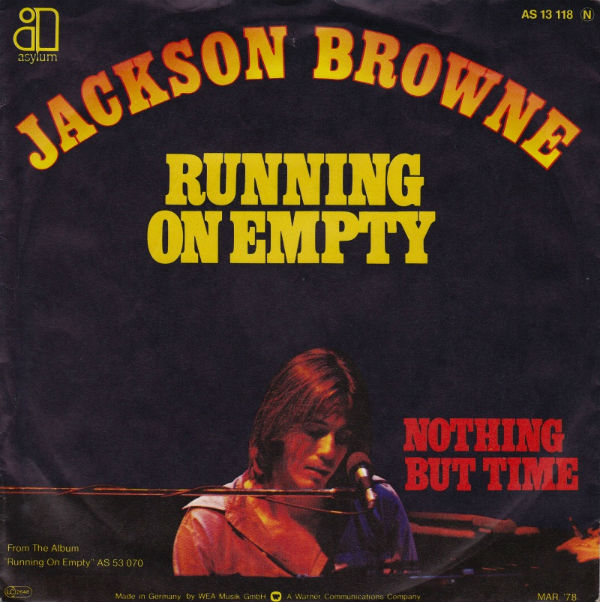

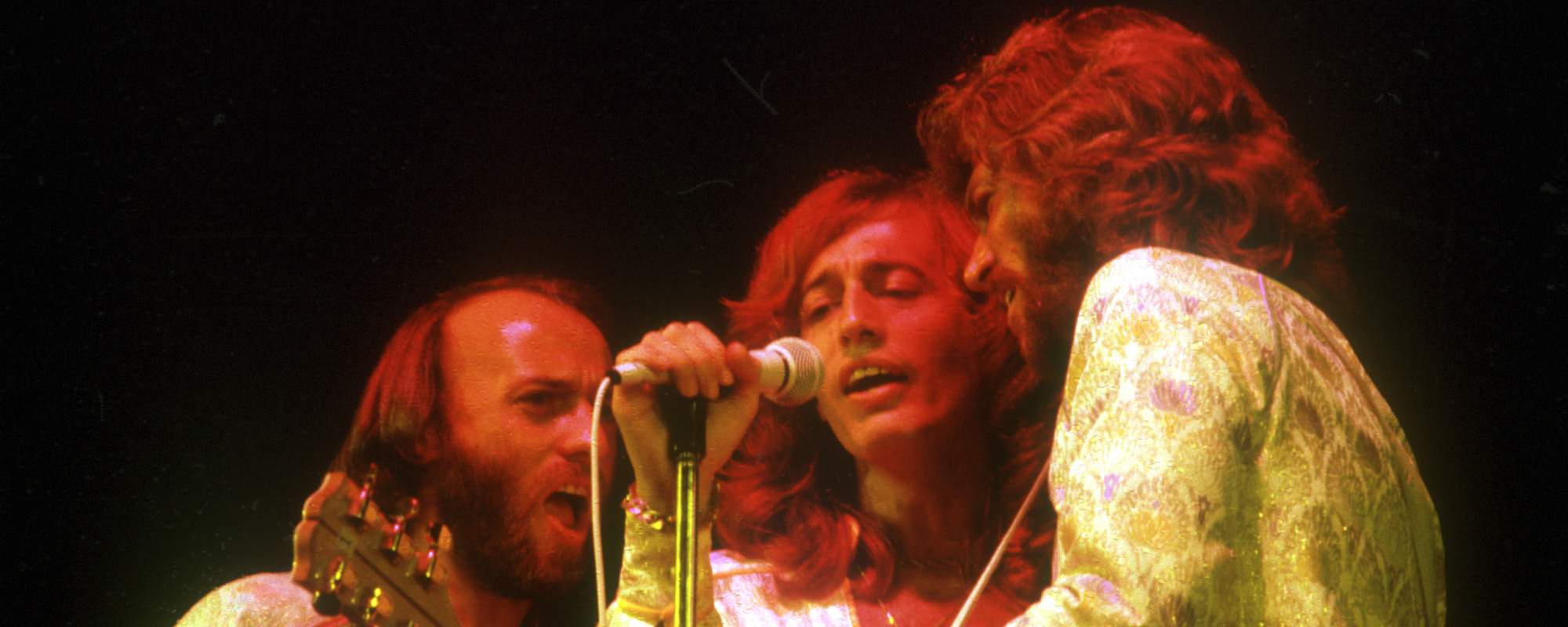
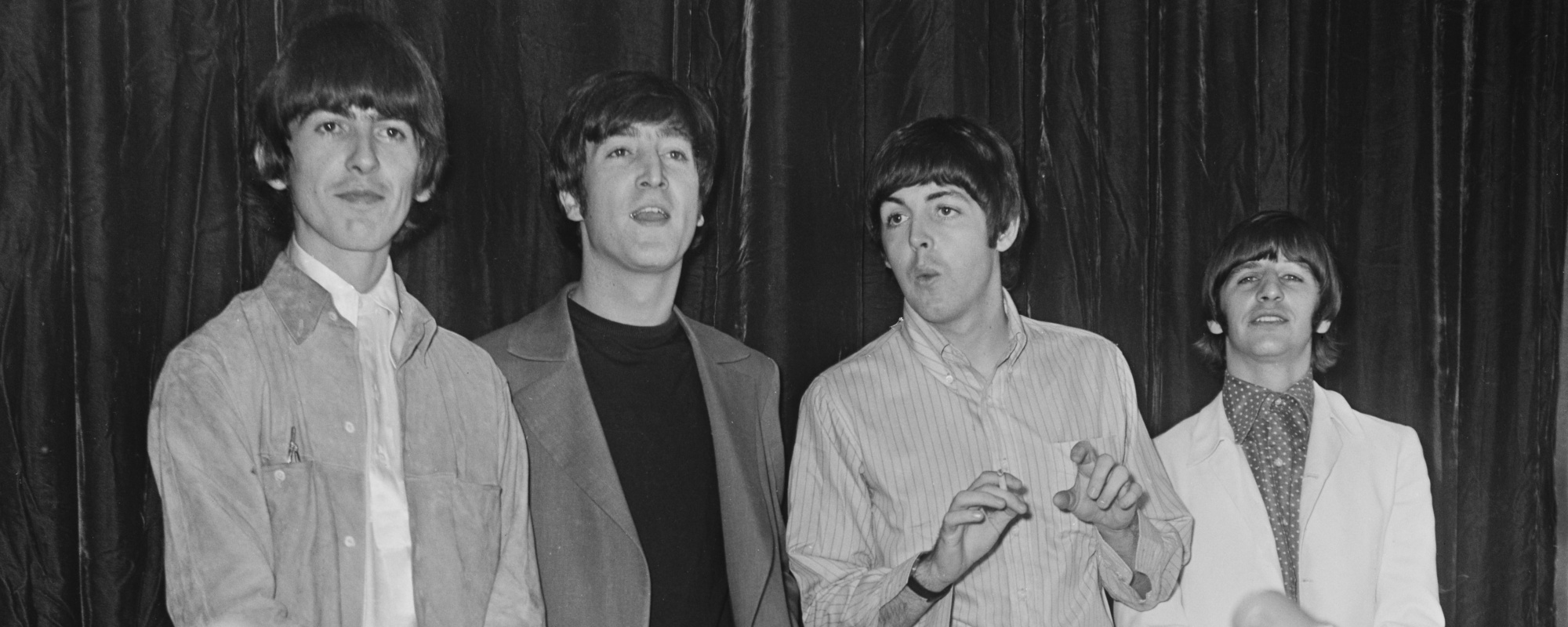

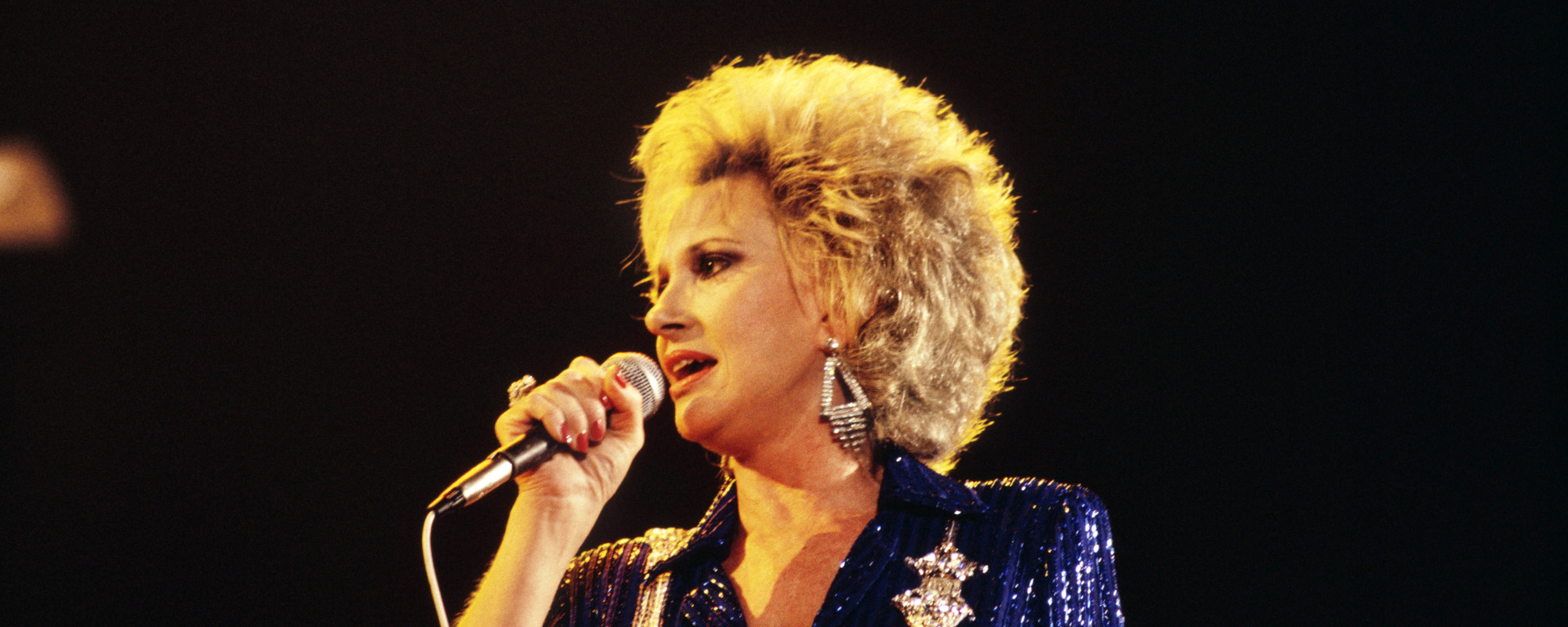
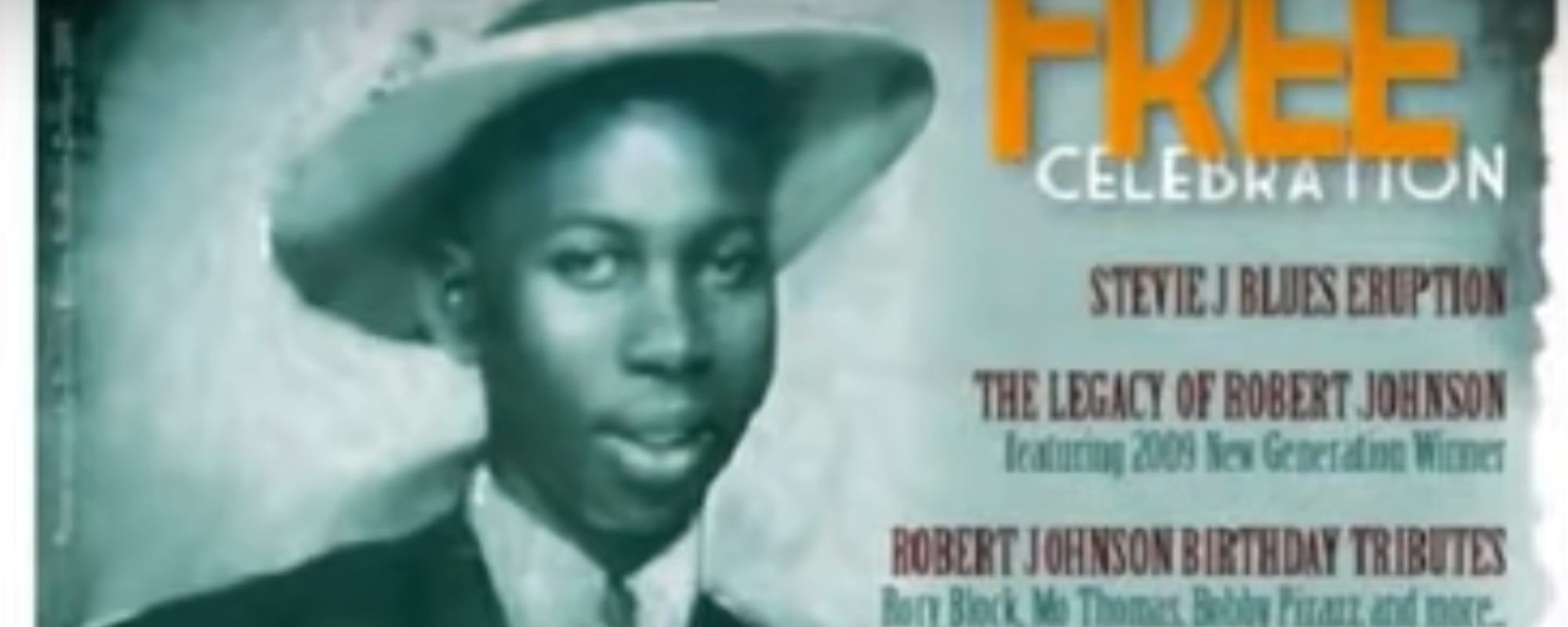






Leave a Reply
Only members can comment. Become a member. Already a member? Log in.